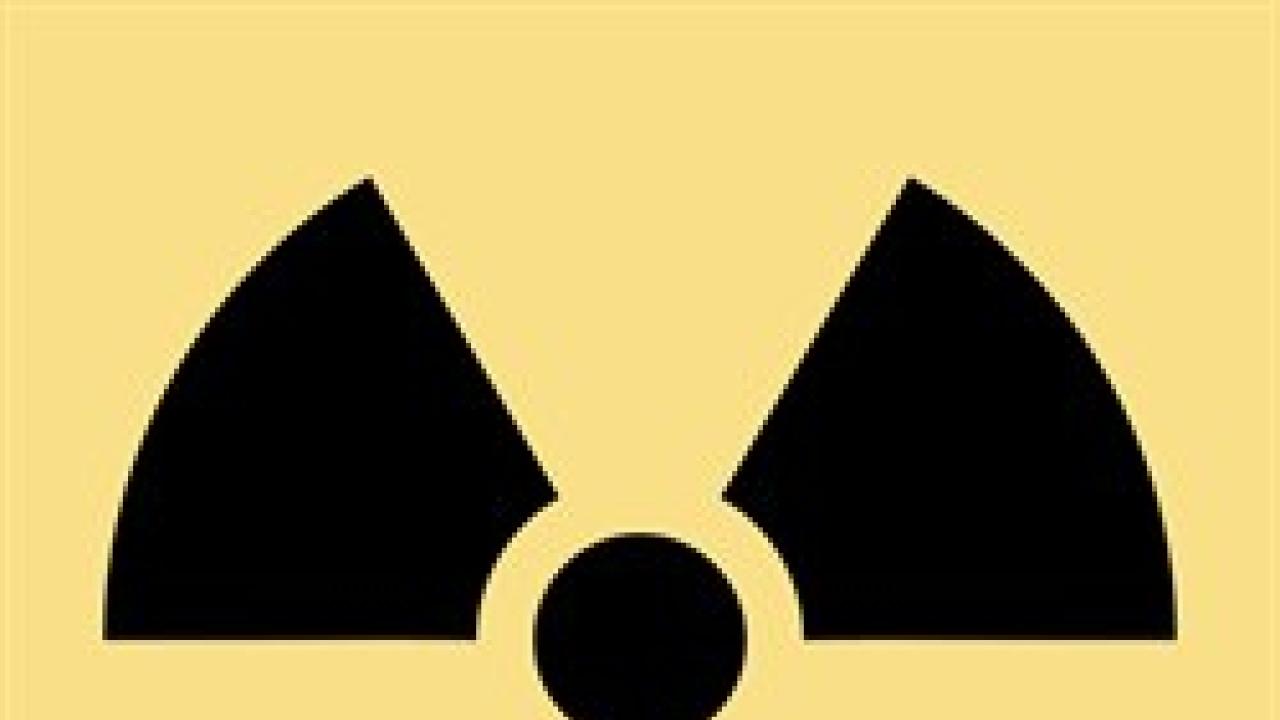
Nuclear and radioactive materials, though useful and beneficial
in many fields including energy, medicine, agriculture and
industry, could pose a danger to the environment and to the public
if handled improperly.
To help developing countries build effective nuclear security
strategies, the Abdus Salam International Centre for Theoretical
Physics (ICTP) and its partner, the International Atomic Energy
Agency (IAEA), will conduct the second annual "International School
on Nuclear Security" in Trieste from 7 to 18 May 2012.
The School, which combines ICTP's international network of
researchers in developing countries with IAEA nuclear security
expertise, plays an essential role in supporting countries' efforts
to prepare experts who are well equipped and qualified to analyse
national nuclear security needs, prevent and combat the threat of
sabotage or the use of nuclear and radioactive material for
criminal or unauthorized acts, and prepare effective response
measures to nuclear security events.
Co-sponsored by the Italian Ministry of Foreign Affairs, the
School was initially proposed by the Italian government in 2010
during a Nuclear Summit in Washington, DC, where a number of
nations pledged their support to strengthen global nuclear
security. The School was reinforced during the Nuclear Security
Summit this year in March in Seoul, where the Italian government
announced to support this important initiative also in the future.
Italy, ICTP's chief sponsor, included the Trieste school amongst
its nuclear security action plans.
Facts about the School:
- 208 applications
- 57 participants from 39 countries
- 23% women
- Participants come from regulatory authorities, universities, research institutes, different national ministries, and law enforcement agencies
More details about the School are available on its
website.
Related link: IAEA
and Nuclear Security
















